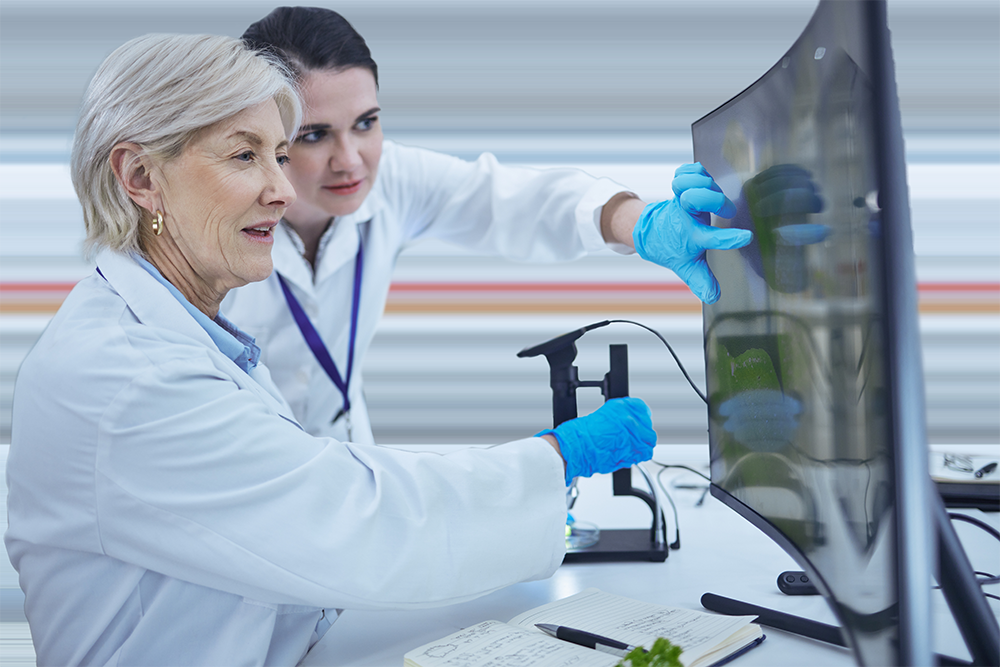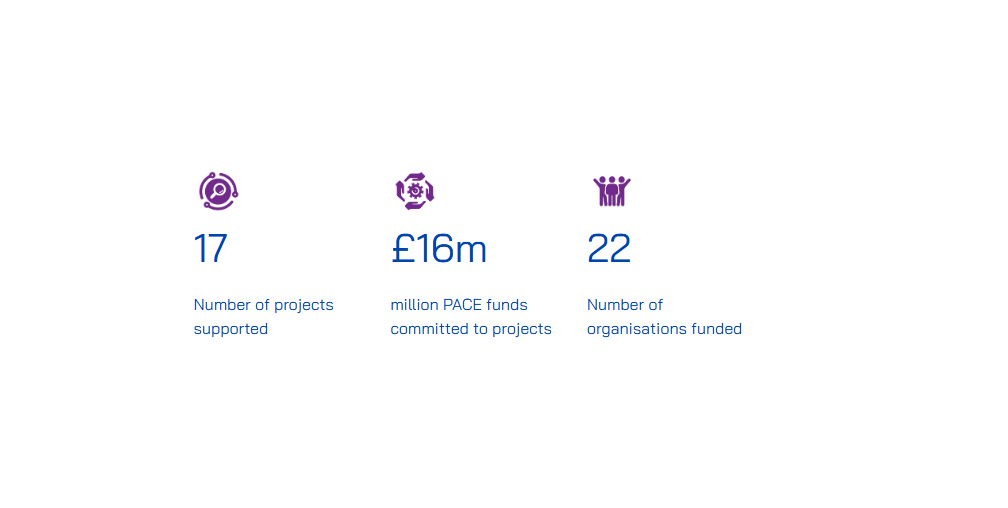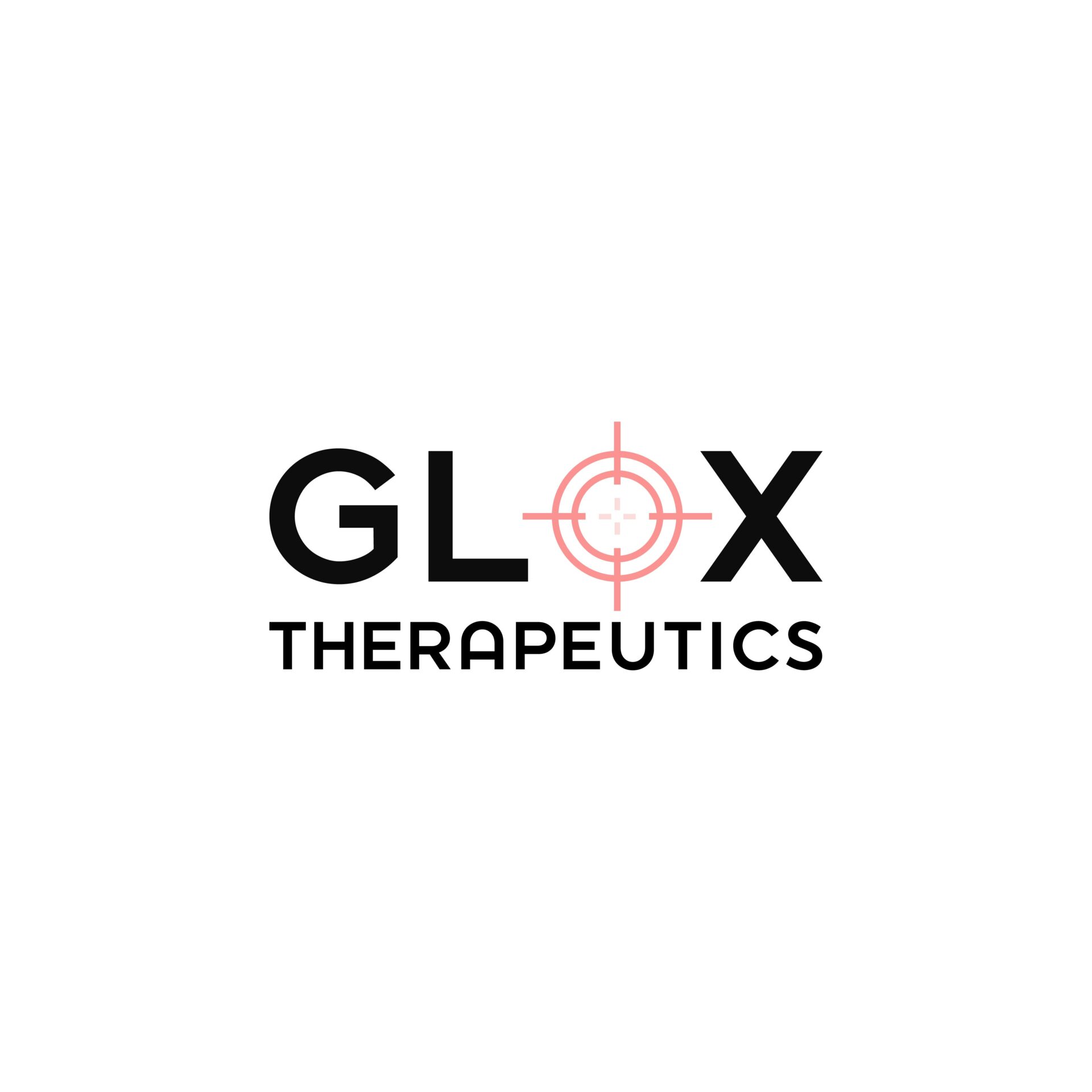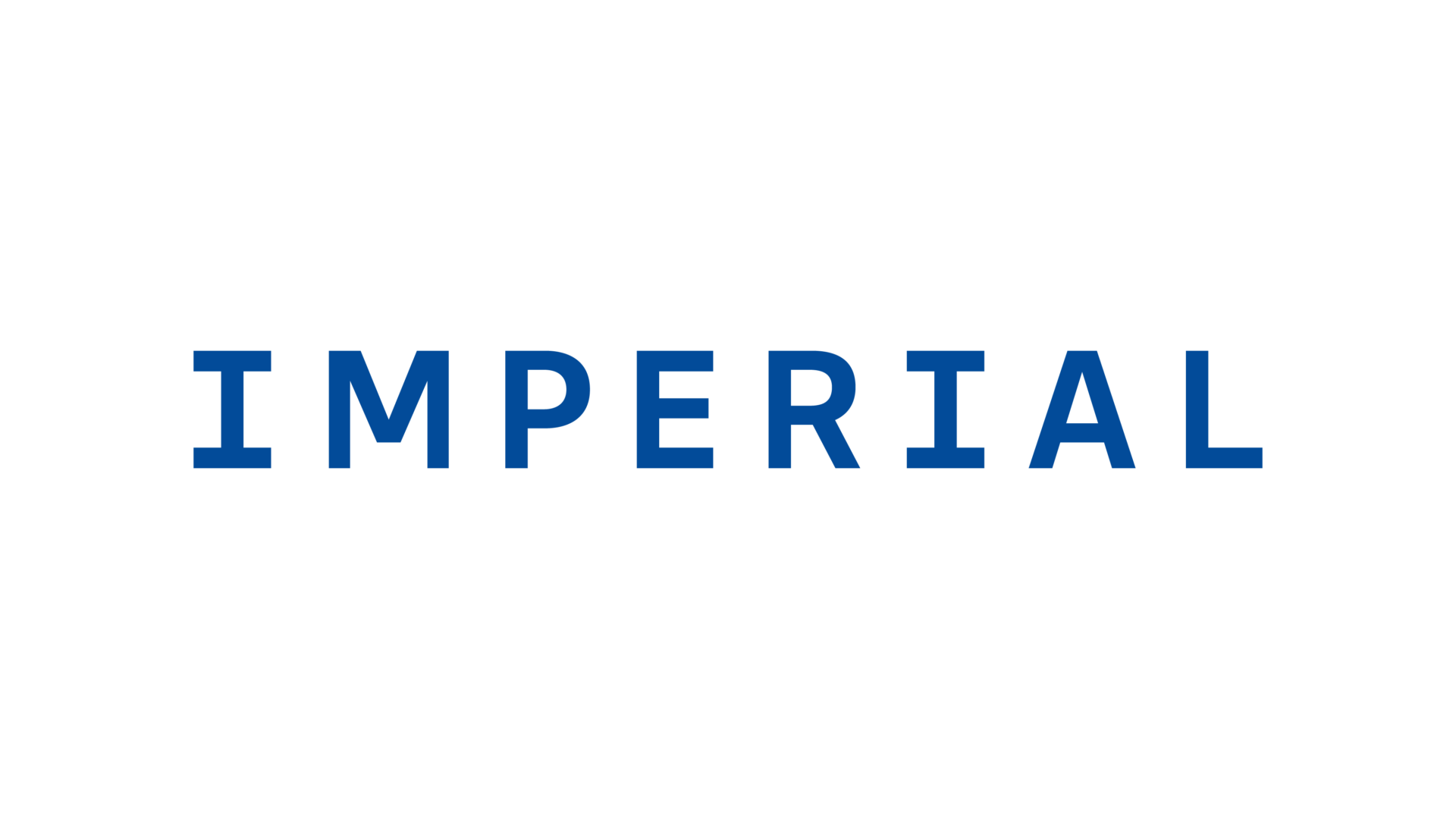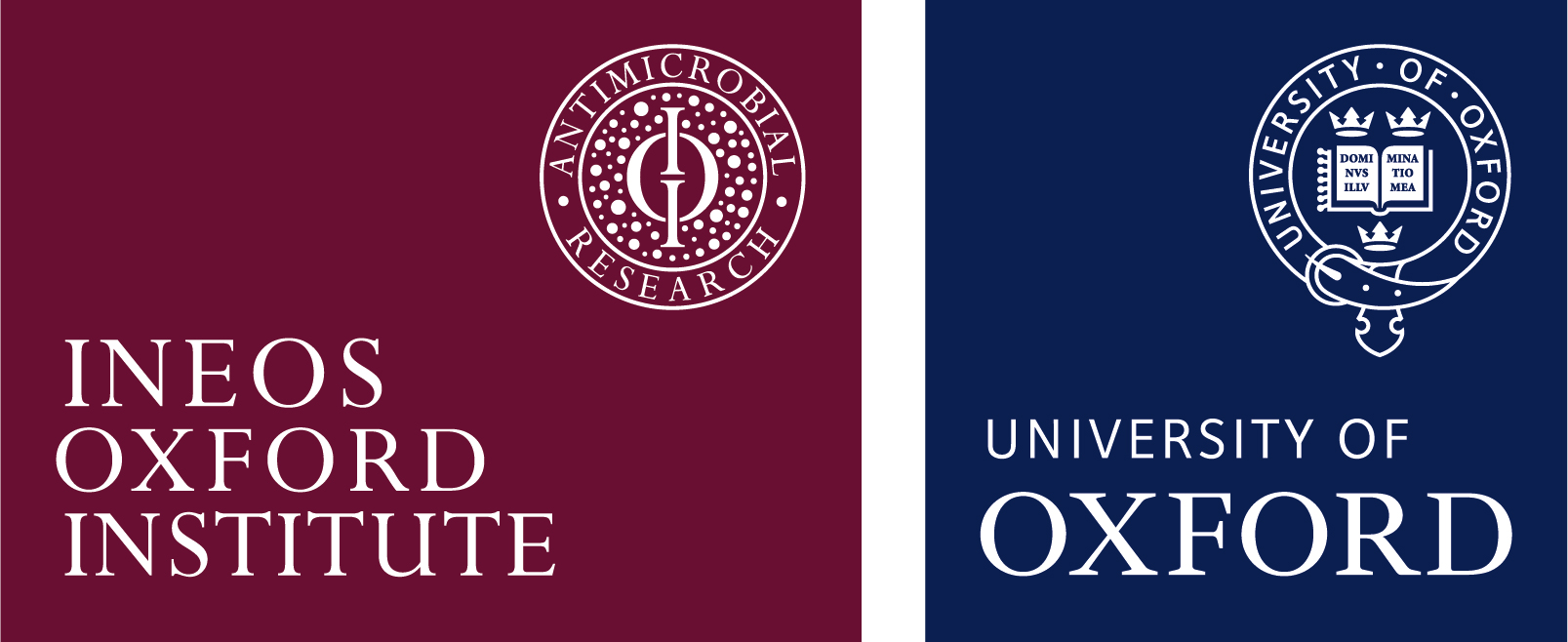Supporting the best innovations to address the global threat of AMR
We are supporting a diverse portfolio of projects aimed at developing new tests and treatments for bacterial infections with high unmet need. Through a series of funding rounds available to academics and SMEs worldwide, we are selecting, investing in and supporting the most promising projects. We are offering a collaborative approach to project development through access to advisors, mentors, potential project partners and enabling technologies and capabilities. By supporting the projects in this way, we are helping to give them the best chance of success and position them for onward funding, investment and development. More projects will enter the portfolio as the programme progresses. This page highlights the innovators and projects that are currently in the PACE portfolio.

Project title: Point-of-care breath test to detect bacterial community-acquired pneumonia

Project title: Advancing a direct-acting, small molecule antibacterial with Gram negative specificity and a novel mechanism of action
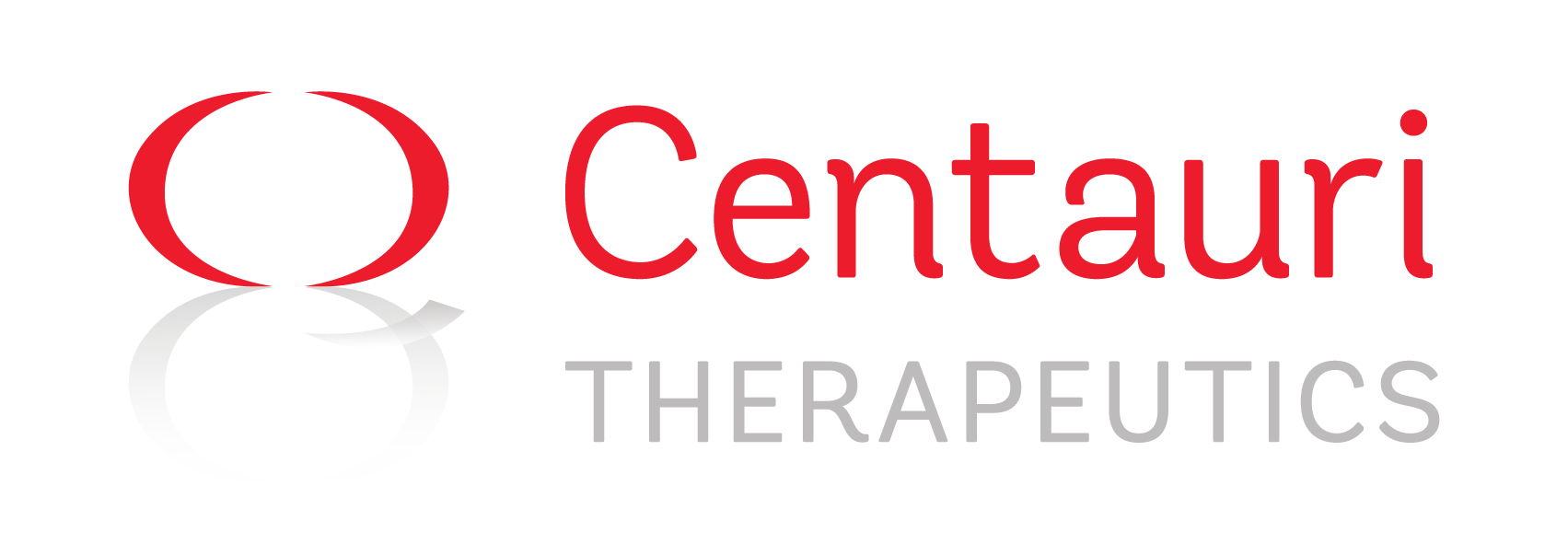
Project title: Optimisation of rhamnose presentation for next generation Alphamers® for the treatment of Gram-negative infections
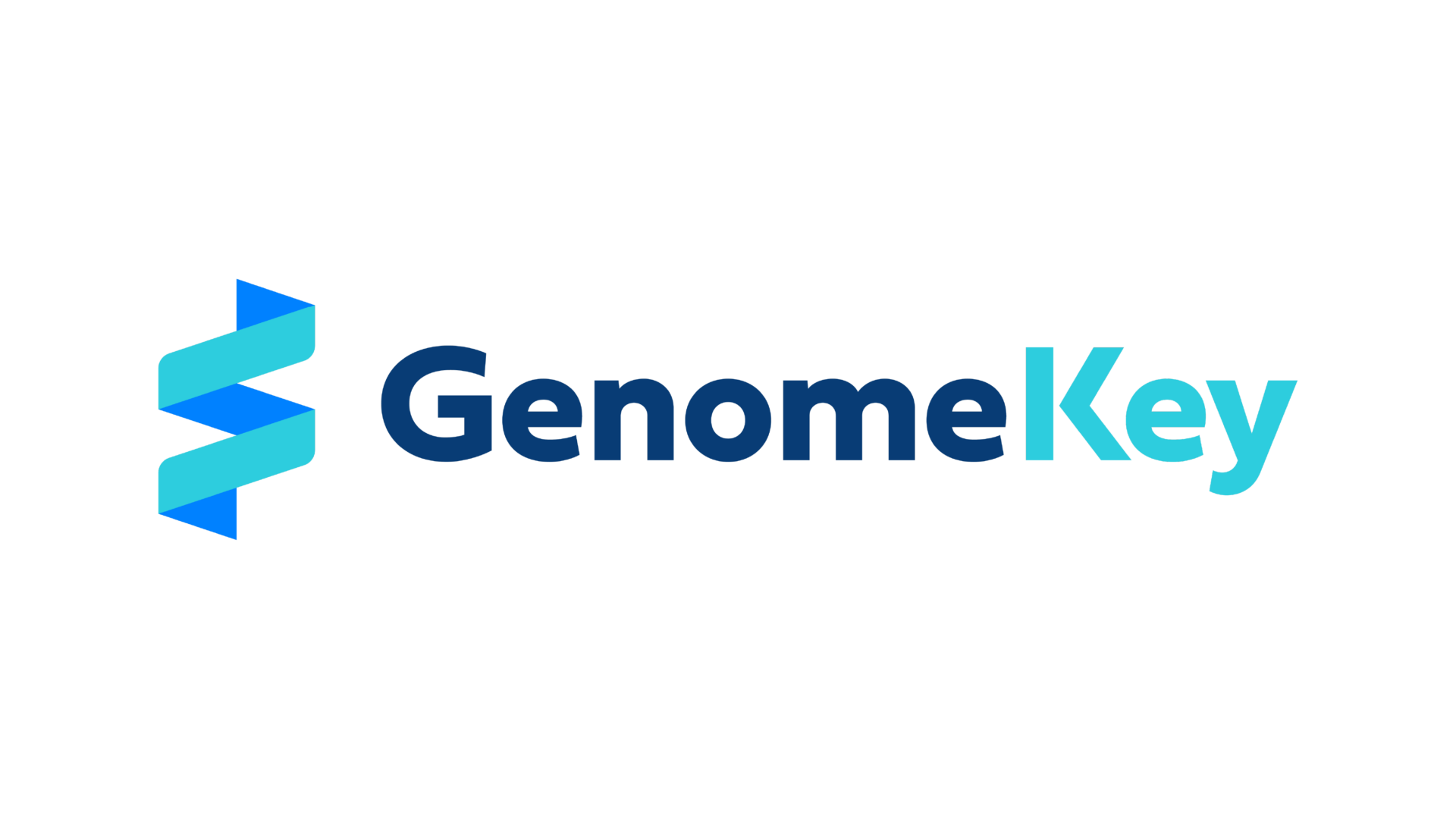
Project title: Precision medicine for sepsis management using whole genome sequencing: Prototyping and integration of GenomeKeyDx microfluidic test cartridge
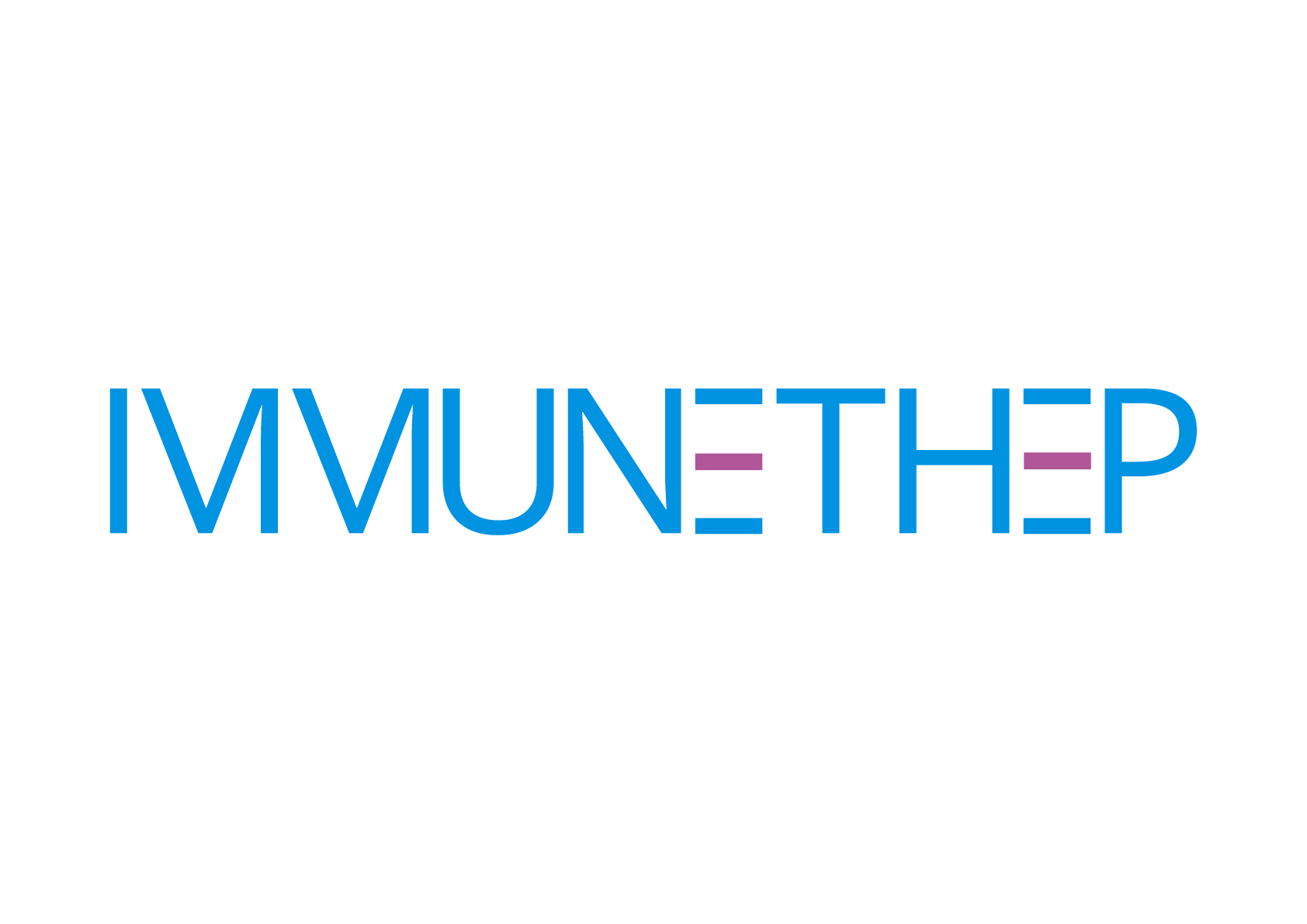
Project title: Monoclonal antibodies targeting bacterial GAPDH as a single immunotherapy to treat infections caused by E. coli and Klebsiella pneumoniae
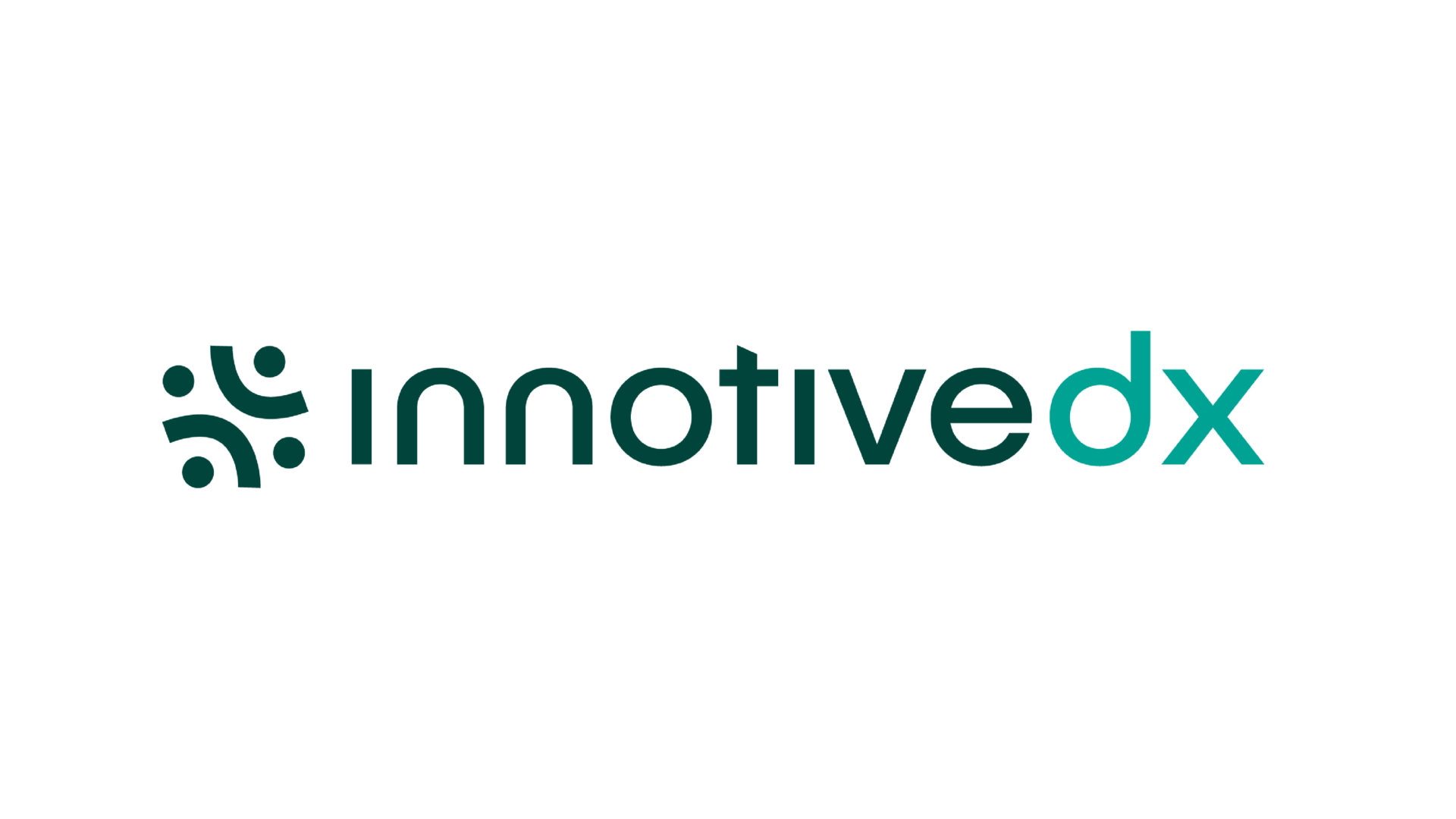
Project title: InnotiveDx novel UTI diagnostic system prototype optimisation and first clinical use

